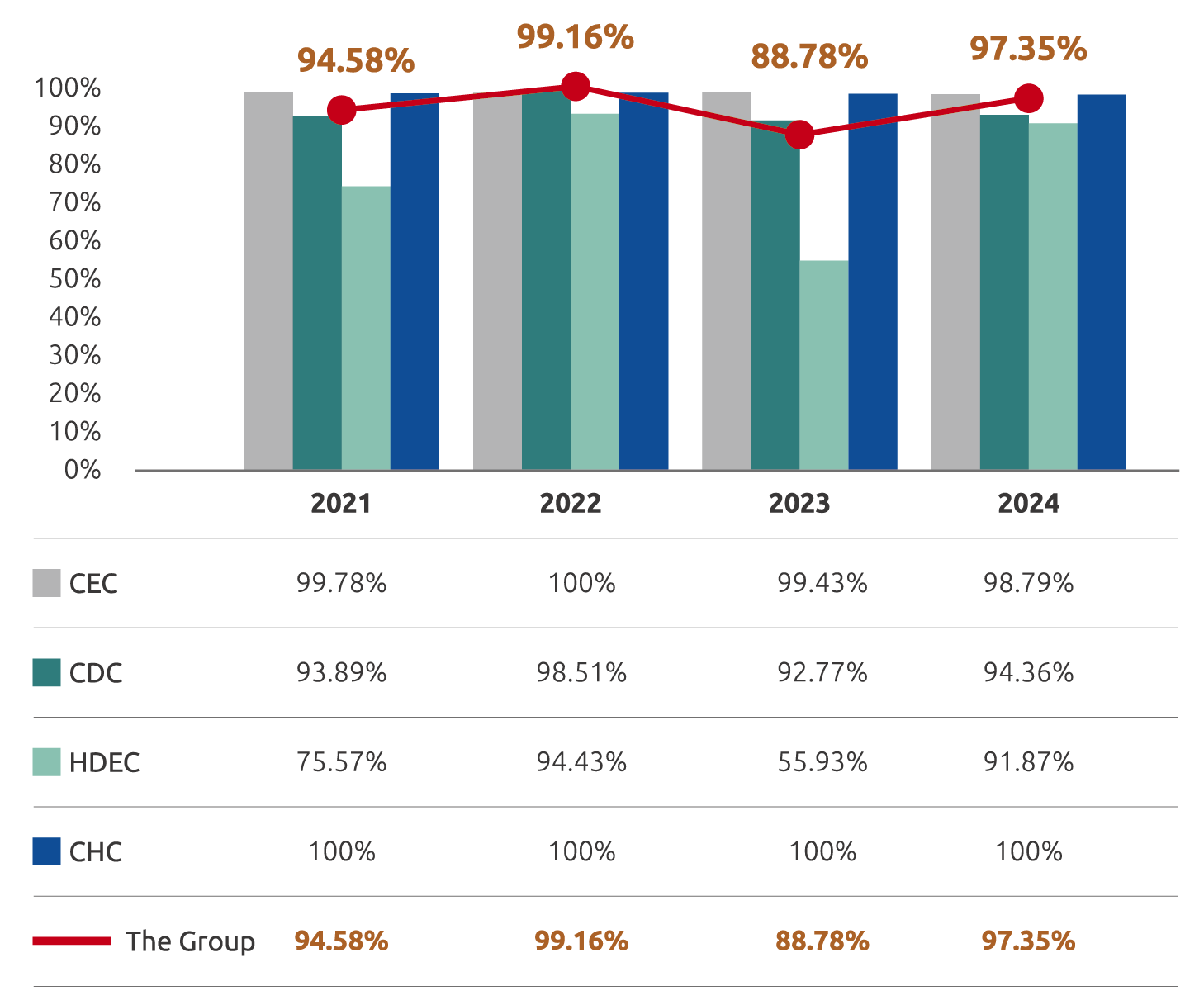
Sustainability
Economic
Business Ethics and Integrity
Establish corporate culture and risk management with integrity and discipline
Learn moreSupplier Management
Develop long-term partnerships based upon the principle of mutual benefit
Learn more
Business Ethics and Integrity
Establish corporate culture and risk management with integrity and discipline
Learn moreSupplier Management
Develop long-term partnerships based upon the principle of mutual benefit
Learn more


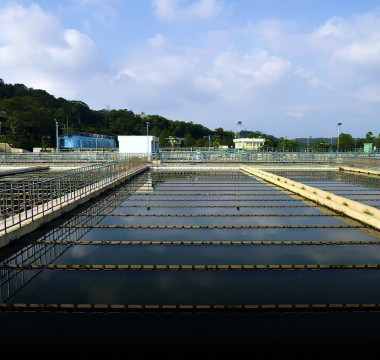


All members of CHC Group strictly abide by the Group’s procurement policies. Through supplier selection standards, risk identification, supplier management practices, supplier evaluations, the annual selection of excellent suppliers, and active management guidance for high-risk suppliers, the Group asks all suppliers to follow ethics code of conduct and procurement policies, as well as to comply with relevant domestic and foreign regulations regarding environmental protection, occupational safety and health, and human rights and labor rights. Making use of CHC Group’s business influence, the Group works together with supply chain partners to promote sustainable development. The audit results for the implementation of the Group's procurement policy in 2024 indicate that there were no significant violations and no instances of suppliers violating relevant regulations.
All of CHC Group’s suppliers sign the Declaration of Compliance & Questionnaire and assist with the assessment of the compliance with business ethics and determination of conflict of interest. The business ethics clause has been added to subcontracting and procurement contracts, which include anti-corruption, avoidance of conflict of interest, and rules for ethical management. Meanwhile, the procurement standards were amended to include the commitment to ethical management as a requirement for supplier evaluation and management, and to provide suppliers with consultation channels in order to help them understand the Group’s guidelines for business ethics. On the other hand, sustainability performance indicators, such as human rights, employee care, occupational safety measures, waste management, energy-saving measures, and integrity, are used for evaluating and managing suppliers' performance. Outstanding suppliers can earn additional points in the evaluation and increase their chances of winning bids, thereby promoting sustainability management throughout the supply chain.
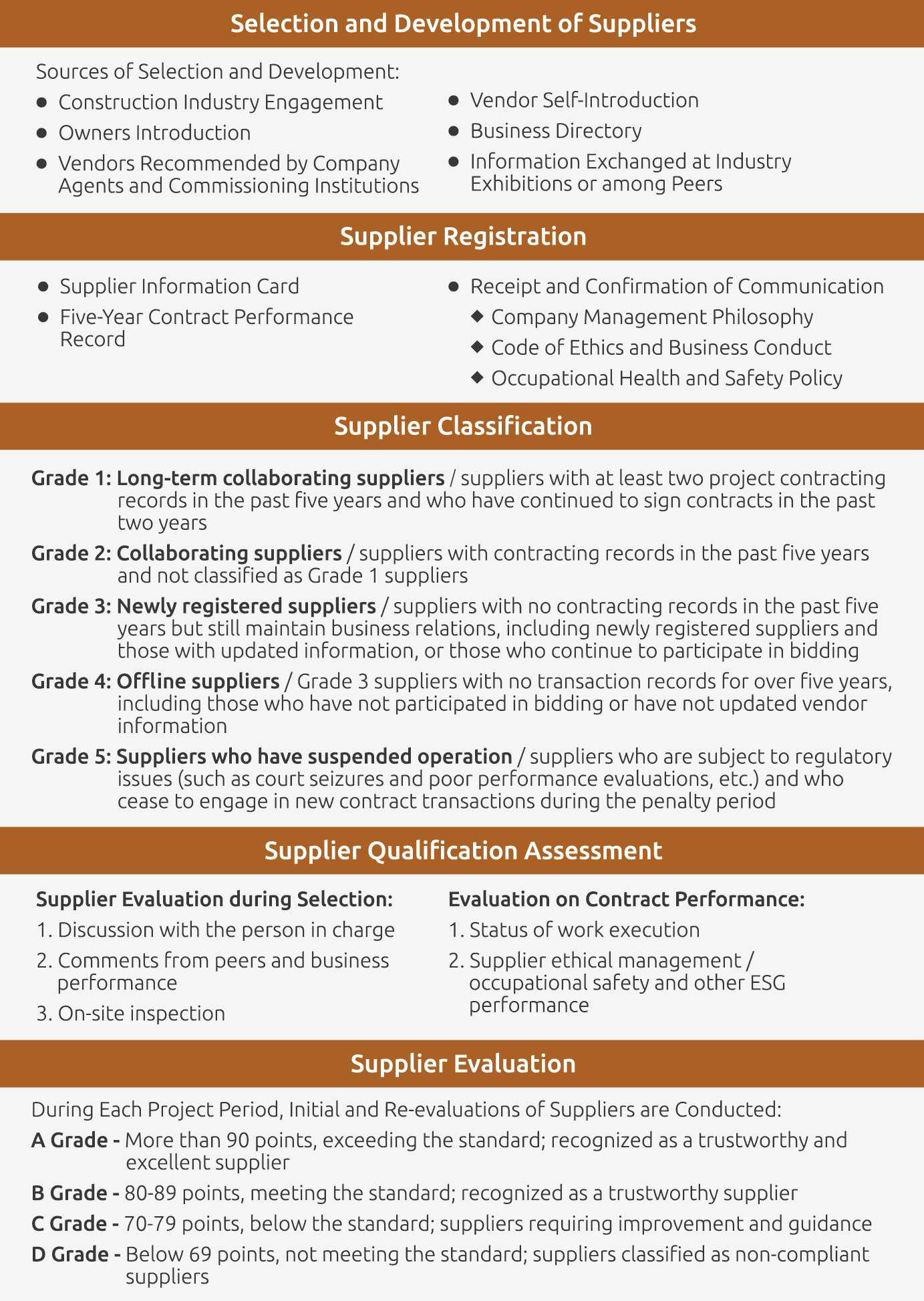
| Grade | Grade A | Grade B | Grade C | Grade D |
|---|---|---|---|---|
| Number of Suppliers | 19 | 902 | 73 | 3 |
| Percentage | 1.9% | 90.5% | 7.3% | 0.3% |
Supporting local procurement is a way of fulfilling corporate social responsibility. Except for the Environmental Project Development Business, where water treatment equipment is primarily supplied by foreign manufacturers and thus must be purchased from abroad, the rest of the Group members practice local procurement. In 2024, the local procurement ratio of the CHC Group was 97.35%, an increase of nearly 9% compared to that in 2023. The local procurement ratios for CEC, CDC, and HDEC were 98.79%, 94.36%, and 91.87%, respectively.
